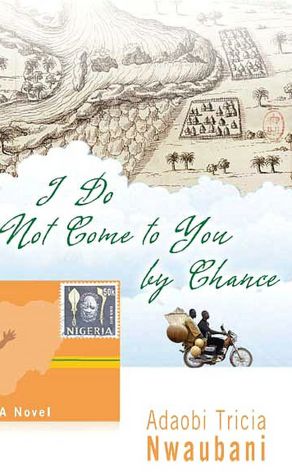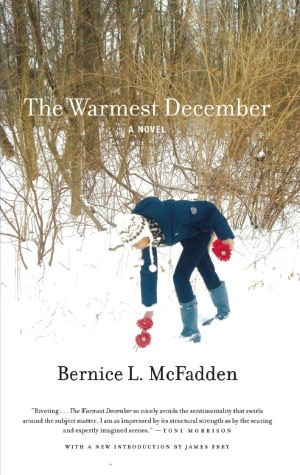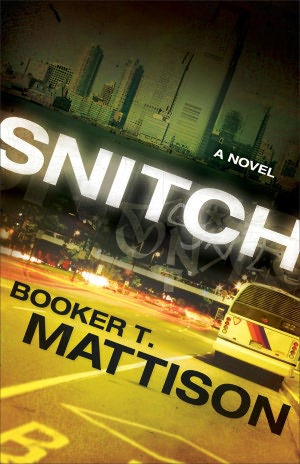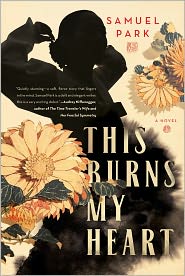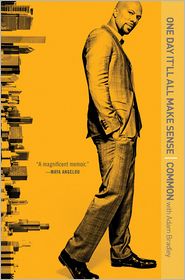 Summary: An absentee father from a "no good" family, Tyrone Stokes was imprisoned for shooting a man in a convenience store. His wife saw her chance to end their marriage and raise their son, Marcus, on her own. Now Tyrone has returned to Brownsville, Louisiana, to discover that his boy needs help--help that Tyrone is desperate to give, if he can only figure out how.
Summary: An absentee father from a "no good" family, Tyrone Stokes was imprisoned for shooting a man in a convenience store. His wife saw her chance to end their marriage and raise their son, Marcus, on her own. Now Tyrone has returned to Brownsville, Louisiana, to discover that his boy needs help--help that Tyrone is desperate to give, if he can only figure out how.Marcus has been convicted of the rape and murder of a young white girl. An execution date is set, and it's rumored that the Governor will refuse clemency. Tyrone is convinced Marcus is innocent, despite a stack of evidence against him--but he is also wracked by knowledge of all the ways he has failed his son. Against all odds, Tyrone sets out to keep Marcus alive--and perhaps put his family back together again.
Review: I downloaded Cry Me A River from the library on a whim and I'm glad I did. From the beginning, Hill draws the reader into the lives of Tyrone and Marcus Stokes and doesn't release them until the end. With descriptive narration of a small Southern town where everyone knows everyone and battle lines have long been drawn, it's difficult not to get caught up in the goings on of Brownsville.
Tyrone knows he wasn't a good man before he went to prison, and so does his wife's family. His love for his son and wife is palpable. Having been imprisoned, he knows and sees the defeat in Marcus' eyes and is determined to restore his innocence. Watching Tyrone struggle to prove to his wife and, more importantly, his son, that this time he's not going to let them down is heartbreaking. His wife and her family have no faith him in and neither does most of his family. But he uses the same connections that likely landed him in jail to find a way to clear his son.
The small town feel and the racial divide in a place where black people should know their place comes crashing down on the Stokes family and the reader. I could feel the hot blazing sun beating down on Tyrone as the clock to save Marcus wound down. His confrontations with white characters that were determined to put him and keep him in his place, denying his humanity, angered me. Ernest Hill gives the reader a lot to think about and opens up a few wounds lingering just beneath the surface of one's psyche. I'll definitely be working my way through his backlist in the coming months.
304 p.
Published: January 2003












